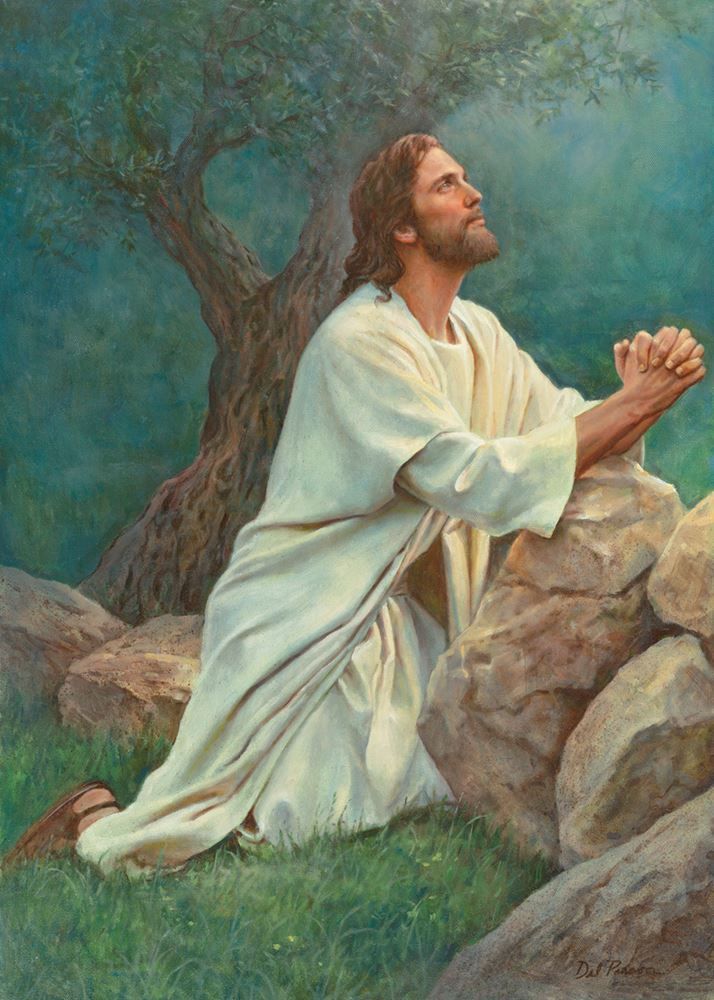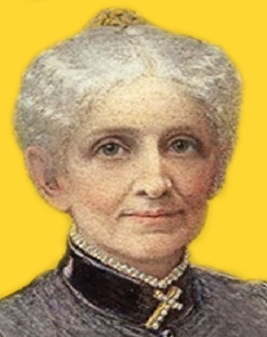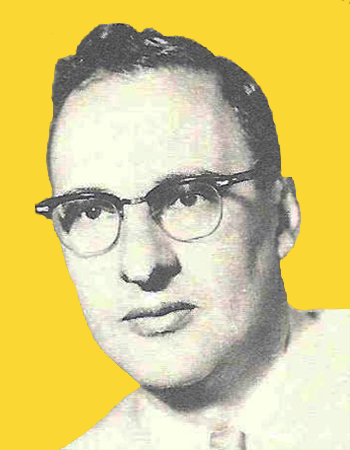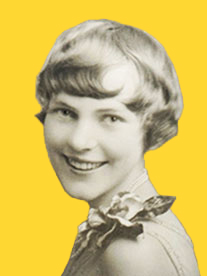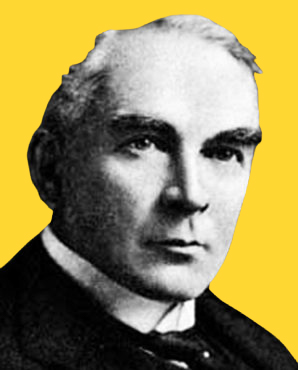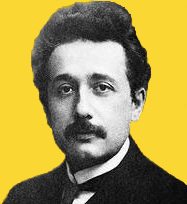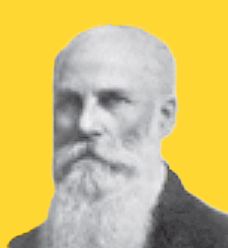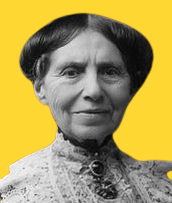Eddy – Christian Science Hymns by Mary Baker Eddy, Vocal Artist – Kenny Baker
Mary Baker Eddy Hymns
The 7 Poems / Hymns
The lyrics to the hymns are poems written from 1876 to 1900 by Mary Baker Eddy.
The vocalist is the world famous singer, Kenneth (Kenny) L. Baker, Singer.
What is Poetry? Each of these Other Writings calls for a whole chapter to itself, and Poems more so than most because of the essentially metaphysical nature of poetry and its relation to Science. If we look into this aspect first it will illuminate Mrs. Eddy’s poems and the force of the fifteenth book.
The word ‘poem’ is from the Greek poiein, to make, to arrange or construct. The poet makes sense out of experience, by revealing its meaning. By making us see the meaning he recreates with the creator. Poetry is creative in that it discloses a significance we had not seen, and reunites us with the great springs of being. “Poetry is itself a thing of God; / He made His prophets poets” says P.]. Bailey in “Festus.” Elizabeth Barrett Browning says, “God is Himself the best Poet, / And the Real is His song.”
Professor Erich Heller provides deep insight into the subject of poetry and meaning: “Poetry always means more than itself. Its meaning is the vindication of the worth and value of the world, of life and of human experience. At heart all poetry is praise and celebration …. Whatever it does, it cannot but confirm the existence of a meaningful world – even when it denounces its meaninglessness. Poetry means order, even with the indictment of chaos; it means hope, even with the outcry of despair. It is concerned with the true stature of things.” (The Hazard of Modern Poetry.)
Summary In common with many young people Mary Baker loved to put her thoughts and feelings into poetry, and she records that all through her life she seemed able to express her deeper feelings better in verse than in prose.
The constant idea that reverberates through the poems is that the unity of God and man is not a beautiful dream, but is ever-present solid reality.
All comments in the introduction, above are quoted directly from “Mary Baker Eddy’s Other Writings ” by John L. Morgan(available for FREE from Author menu button).
One of the “Seven Hymns“ is sung each Sunday in Christian Science churches throughout the world as specified in The “Church Manual” written by Mary Baker Eddy. This indicates the great importance Mary Baker Eddy placed on the messages in these important poems.
The Seven Hymns
“Then from 1871 onwards they are characterized by a strong new tone of spiritual authority, when capitalized terms for God begin to appear plentifully in the lines. When we are ignorant of the spiritual origin of our world we see through a glass, darkly, but once Science has revealed that origin we sing a different kind of song.”
The constant idea that reverberates through the poems is that the unity of God and man is not a beautiful dream, but is ever-present solid reality. – Mary Baker Eddy’s Other Writings by John L. Morgan.
Kenneth L. Baker (Kenny) Vocalilst
P
| Title | Series | # | Page # | Description | View / Download |
| Communion | Poems/Hymns | 1 | 298 | "There follow the poems of 1866--1868 which reflect the years of wandering and of gradual consolidation of this discovery: "Give us this day our daily food / In knowing what Thou art!" (p. 28). What Thou art is then identified in 1871 as "Truth, the Life, the Principle of man" (p. 70). Soon she is able to purchase the first home of her own, and celebrates it in "Woman's Rights" (p. 21). | PDF MP3 |
| Christ My Refuge | Poems/Hymns | 2 | 253 | In 1883 her path is not an easy one and she needs the reassurance of "Christ My Refuge" (p. 12): "And o'er earth's troubled, angry sea / I see Christ Feed My Sheep | PDF MP3 |
| Feed My Sheep | Poems/Hymns | 3 | 304 | While waiting and acting as pastor of the church in 1887, she prays to the great Shepherd, "Shepherd, show me how to go ... How to feed Thy sheep" (p. 14). | PDF MP3 |
| Mother's Evening Prayer | Poems/Hymns | 4 | 207 | There is now a gap of six years before the next one, "Mother's Evening Prayer" (p. 4). The new church is established, and Mrs. Eddy's personal mothering is being withdrawn in favour of "Thou Love that guards the nestling's faltering flight! | PDF MP3 |
| Love | Poems/Hymns | 5 | 6 | At that time there are factions within the church, and so it is the members who are being urged to pray, "Brood o'er us with Thy shelt'ring wing, / 'Neath which our spirits blend | PDF MP3 |
| Christmas Morn | Poems/Hymns | 6 | 23 | From this wedlock of Principle and idea we can learn to be reborn, as in "Christmas Morn" (p. 29) - learn to regard man as "Thou God-idea, Life-encrowned," of which the human concept is but a shadow. | PDF MP3 |
| Satisfied | Poems/Hymns | 7 | 160 | Thus if faithful we would arrive at the last poem in the book, "Satisfied" (p. 79). On a personal level we know that "It matters not what be thy lot, / So Love doth guide;" and in the wider generic sense. | PDF MP3 |
